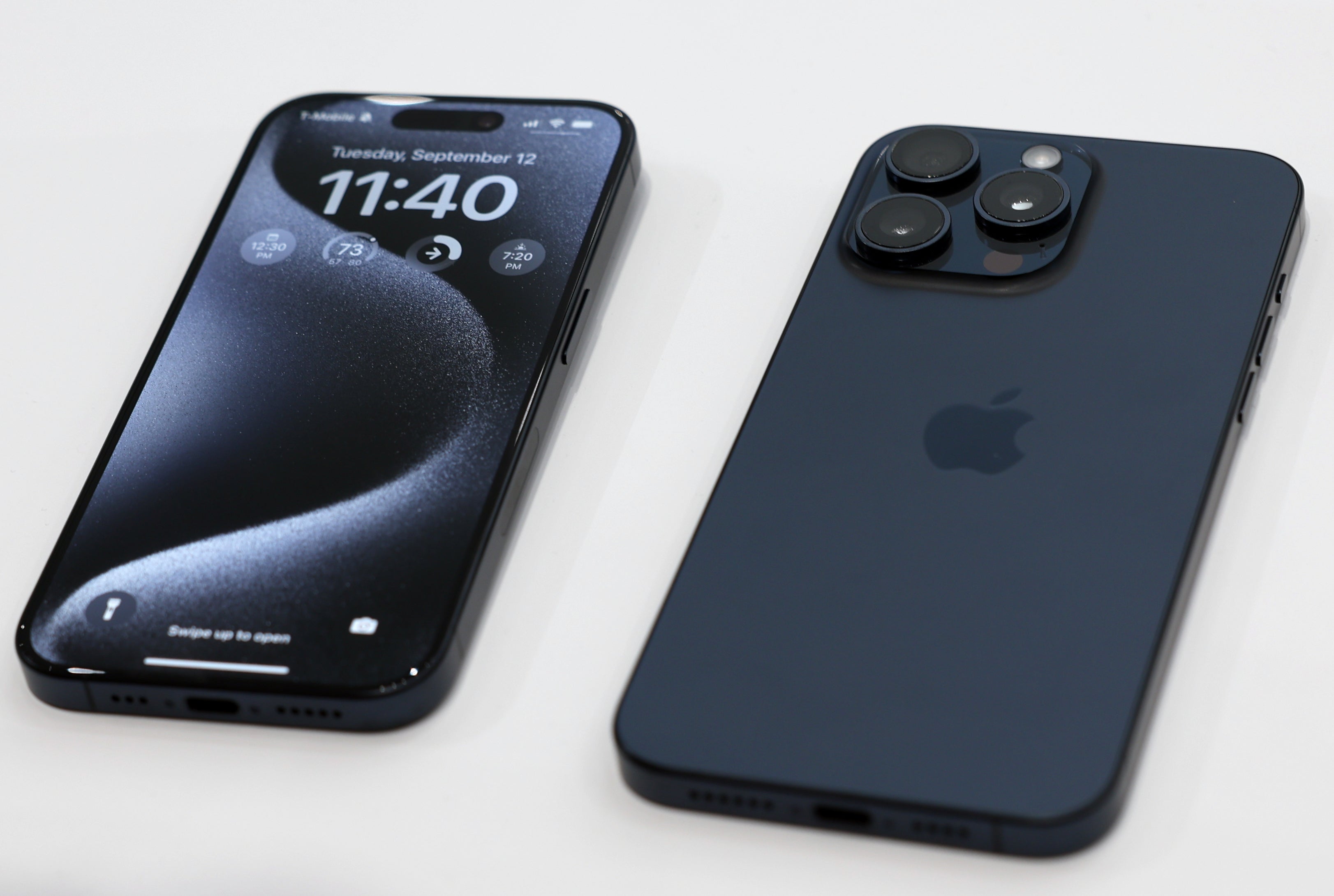Apple responds to outrage over emoji that appears when typing ‘Jerusalem’ on iPhone
iPhones appeared to suggest Palestinian flag

Apple says a controversial change made to the iPhone’s keyboard was unintentional.
In recent days, commentators including Countdown presenter Rachel Riley said that when a user writes “Jerusalem” using the iPhone keyboard, it suggested a Palestinian flag emoji. It had previously shown an Israeli one, she said.
East Jerusalem, along with the West Bank and Gaza Strip, were captured by Israel from Jordan and Egypt in a war in 1967 and the areas are viewed internationally as occupied Palestinian territories. Palestinians want all three areas to become part of any future state.
Riley said that the change had happened after the recent iOS 17.4.1 update. Most capital cities did not show any flag emoji at all, she noted.
She wrote a tweet, addressed to the official Apple account and to Tim Cook, asking for the change to be revoked. It has since been viewed hundreds of thousands of times.
“Showing double standards with respect to Israel is a form of antisemitism, which is itself a form of racism against Jewish people,” she wrote. “Please explain whether this is an intentional act by your company, or whether you have no control over rogue programmers.”
The behaviour seemingly appeared only on iPhones with their keyboard language set to the local variations of English for the UK, Singapore and South Africa. It did not happen on those with the US English setting enabled, for instance.
Now Apple has said that it was aware of a bug within the predictive emoji feature. The behaviour was not intended and it will be fixed, the company told The Independent.
It did not give any information about when the fix would arrive, or what change it would bring. It also gave no indication of how the change had happened.
Apple’s predictive text features – of which the emoji are a part – use machine learning and other technologies to guess what a user might want to type. “While typing, you’ll see choices for words and phrases you’re likely to type next, based on your past conversations, writing style and even websites you’ve visited in Safari,” Apple’s support pages say.
As such, the suggestions that appear might be personalised, and may be automatically generated based on what people have typed. Riley however suggested claimed – without giving evidence – that the change was an “intentional act”.
“In my opinion a multinational company like Apple would not want to admit publicly that this was an intentional act by an employee/employees hence the description ‘bug’ but I hope at least internally those responsible will no longer be working for the company,” she wrote on Twitter.
Apple’s predictive emoji have caused controversy in the past. In 2019, for instance, it appeared to have removed the Taiwan flag from the emoji keyboard in Hong Kong and Macau.
When Apple released the recent iOS 17.4.1 update, it said only that it included “important bug fixes and security updates and is recommended for all users”.
Join our commenting forum
Join thought-provoking conversations, follow other Independent readers and see their replies
Comments
Bookmark popover
Removed from bookmarks